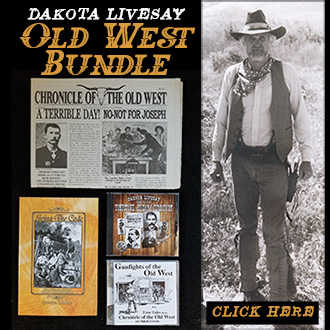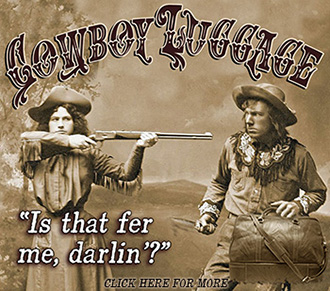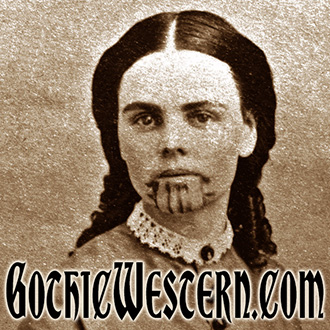EMPEROR OF THE UNITED STATES
 20,000 TURN OUT FOR EMPEROR NORTON FUNERAL
20,000 TURN OUT FOR EMPEROR NORTON FUNERAL
January 10, 1880, Call, San Francisco, California – Emperor Norton I, first citizen of San Francisco, was laid to rest today at the Masonic Cemetery in a service that saw a royal cortege more than two miles long. An estimated 20,000 citizens came to say farewell to this self-appointed supreme leader of the United States of America. He was laid to rest in a black robe with a white starched shirt and black bow tie.
He died shortly after collapsing on California Street near Grant on the evening of January 8th on his way to a debate at the Academy of Science. Businessman William Proll was first to arrive to his aid, and knowing him to be a temperate man, believed the Emperor was distressed. A police officer ordered a carriage to convey him to the hospital. Alas, by the time a hack arrived, Emperor Norton had departed this life.
Joshua Abraham Norton, born London, England on February 14th, 1819, came to this city in 1849 from South Africa. Although he arrived with a $40,000 fortune, a failed attempt to corner this city’s rice market in 1854 separated him from his money. His venture, the result of a rice famine in China, caused the price of rice to skyrocket from four cents to 37 cents a pound. Norton bought the entire cargo of the first ship of rice arriving from Peru for 12 cents a pound, little realizing that more Peruvian rice-laden ships were due to arrive the following day. The glut of rice to this city dropped the price to three cents a pound. Norton, gold-seeker turned rice-seeker, was financially ruined.
Penniless but not without temerity, he arose again and on September 17, 1859, he proclaimed himself Norton I, Emperor of the United States in a declaration concluding:
“In virtue of the authority thereby in me vested, do hereby order and direct the representatives of the different Sates of the Union to assemble in Musical Hall, of this city, on the 1st day of February next, then and there to make such alterations in the existing laws of the Union as may ameliorate the evils under which the country is laboring, and thereby cause confidence to exist, both at home and abroad, in our stability and integrity.”
Many citizens of San Francisco were amused by the Emperor’s Decrees, but many citizens saw him as an honest and noble man, and above all, a diviner with an eye to the future. Under the Emperor’s imperial hand, proclamations were published, most notably: dissolving the Union (July 16, 1860), barring Congress from meeting (October 1, 1860), abolishing both the Democratic and Republican parties (August 12, 1869), that a suspension bridge be built between San Francisco and Oakland Point (September 21, 1872), and that a Bible Convention be held “for the purpose of eliminating all doubtful passages contained in the present printed edition of the Bible, and that measures be adopted toward the obliteration of all religious sects and the establishment of a Universal Religion,” (January 2, 1873). Perhaps most far-reaching was his call upon the leaders of the world to form a League of Nations where disputes could be resolved peacefully. His letters to Abraham Lincoln and Queen Victoria were seriously deliberated.
With the completion of the transcontinental railroad, tourist arrived daily to this city, and Emperor Norton offered them fine sights worthy of their trip. San Franciscans knew Emperor Norton to be a temperate man, and although he had no visible means of income, he issued paper notes in denominations of fifty-cents to ten dollars with which to obligingly pay his bills, signing and dating each to make the transaction official. He had been known to disperse riots against the city’s population of Chinese by reciting the Lord’s Prayer before the aggressors.
This city will miss him walking with his dog, returning the salute of police officers, ordering the cleanliness of our streets, tempering foul language, and in general, making San Francisco a more royal city for his presence.





Leave a Reply